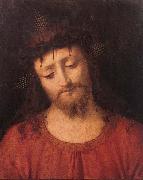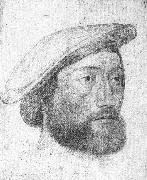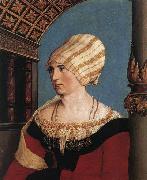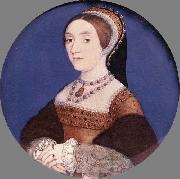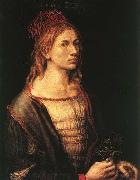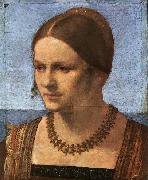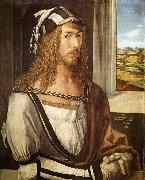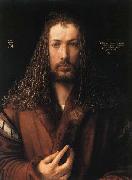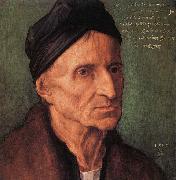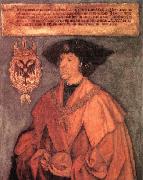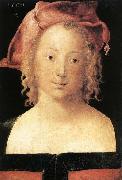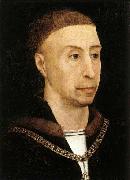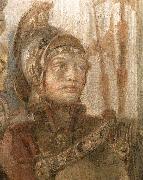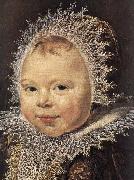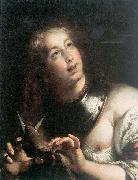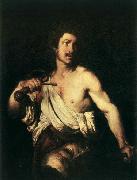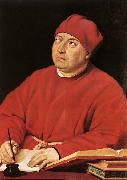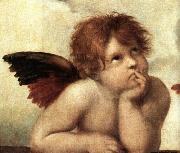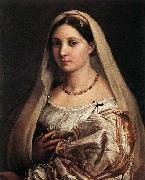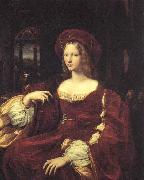
huile sur la toile, vraie saveur de vieux maîtres.
A B C D E F G H I J K L M N O P Q R S T U V W X Y Z index d'artistes
|
|||||||||
| Artiste: SOLARI, Andrea | |||||||||

| |||||||||
|
|
|||||||||
|
|
|||||||||
| Artiste: Jean Clouet | |||||||||

| |||||||||
|
|
|||||||||
|
|
|||||||||
| Artiste: HOLBEIN, Hans the Younger | |||||||||

| |||||||||
|
|
|||||||||
|
|
|||||||||
| Artiste: HOLBEIN, Hans the Younger | |||||||||

| |||||||||
|
|
|||||||||
|
|
|||||||||
| Artiste: Albrecht Durer | |||||||||

| |||||||||
|
|
|||||||||
|
|
|||||||||
| Artiste: Albrecht Durer | |||||||||

| |||||||||
|
|
|||||||||
|
|
|||||||||
| Artiste: Albrecht Durer | |||||||||

| |||||||||
|
|
|||||||||
|
|
|||||||||
| Artiste: Albrecht Durer | |||||||||

| |||||||||
|
|
|||||||||
|
|
|||||||||
| Artiste: Albrecht Durer | |||||||||

| |||||||||
|
|
|||||||||
|
|
|||||||||
| Artiste: Albrecht Durer | |||||||||

| |||||||||
|
|
|||||||||
|
|
|||||||||
| Artiste: Albrecht Durer | |||||||||

| |||||||||
|
|
|||||||||
|
|
|||||||||
| Artiste: WEYDEN, Rogier van der | |||||||||

| |||||||||
|
|
|||||||||
|
|
|||||||||
| Artiste: Giovanni Battista Tiepolo | |||||||||

| |||||||||
|
|
|||||||||
|
|
|||||||||
| Artiste: HALS, Frans | |||||||||

| |||||||||
|
|
|||||||||
|
|
|||||||||
| Artiste: STROZZI, Bernardo | |||||||||

| |||||||||
|
|
|||||||||
|
|
|||||||||
| Artiste: STROZZI, Bernardo | |||||||||

| |||||||||
|
|
|||||||||
|
|
|||||||||
| Artiste: RAFFAELLO Sanzio | |||||||||

| |||||||||
|
|
|||||||||
|
|
|||||||||
| Artiste: RAFFAELLO Sanzio | |||||||||

| |||||||||
|
|
|||||||||
|
|
|||||||||
| Artiste: RAFFAELLO Sanzio | |||||||||

| |||||||||
|
|
|||||||||
|
|
|||||||||
| Artiste: RAFFAELLO Sanzio | |||||||||

| |||||||||
|
|
|||||||||
|
|
|||||||||
Tableau:: portrait







